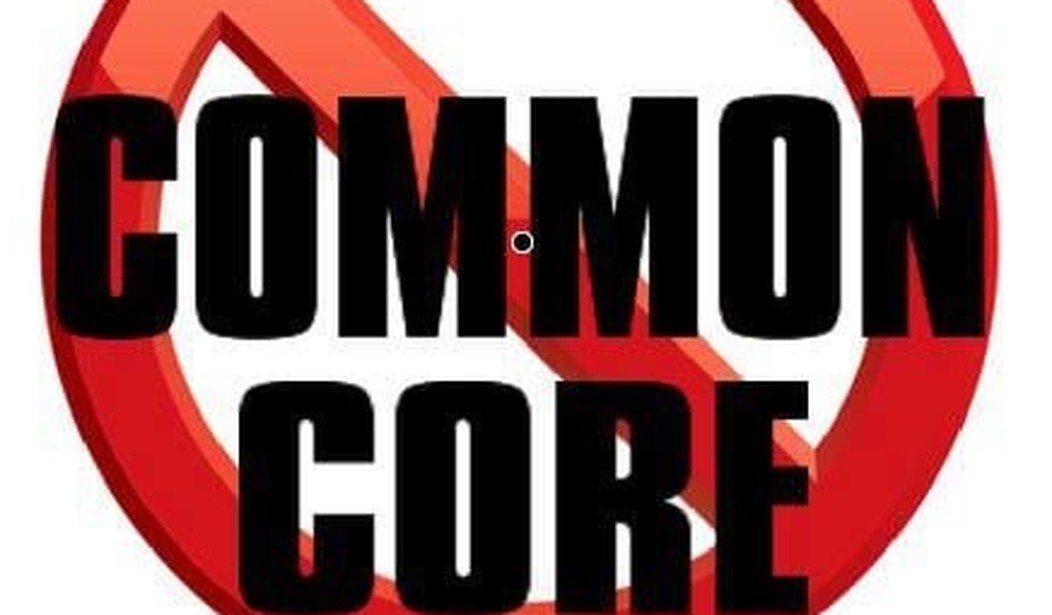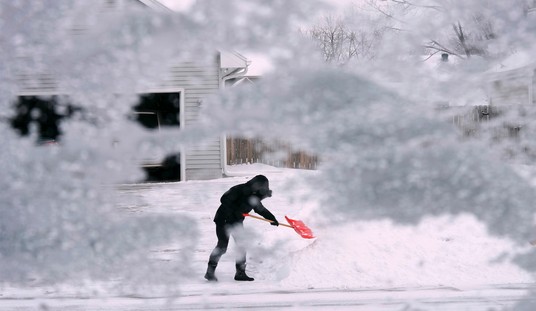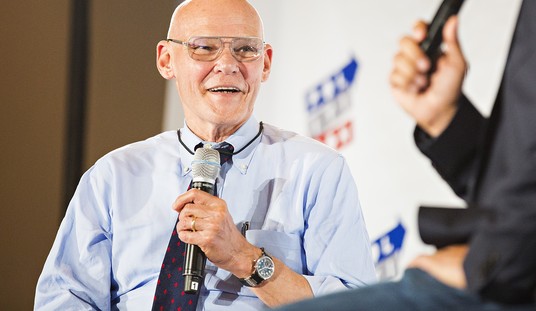Five children have killed themselves on the Pine Ridge Indian Reservation in South Dakota, and many more have tried. None left a note before they tied nooses in the ropes that would end their young lives. No one knows for sure why they chose to die.
South Dakota Rep. Elizabeth May (R) told the state’s House of Representatives Feb. 24 that Common Core standards may have contributed to their deaths.
“We’ve buried kids down on that reservation,” she said. “We need to sit up and pay attention. I am not naive enough to believe that Common Core is what is causing all of this, but it is part of the effect.”
Her argument was strong, forceful and emotional. But it was not enough.
May and fellow Republican state Rep. Dan Kaiser came five votes short that day of forcing a debate on repealing South Dakota’s Common Core standards.
Common Core standards were approved by the South Dakota Board of Education without significant opposition in 2010. The 2014-15 scholastic year was the first in which Common Core ruled the curriculum in South Dakota public schools.
Mary Scheel-Buysee is convinced “Discovery Math,” part of the Common Core curriculum, has been bad for her elementary school-age granddaughter.
She told PJM the effect of Common Core on her granddaughter has turned her into “an accidental activist.”
Scheel-Buysee launched South Dakotans Against Common Core “just to let people know what was going on.”
It turned out she wasn’t alone. South Dakotans like Scheel-Buysee have rallied to the cause of taking back local control of their school districts.
The emotions of grandparents such as Scheel-Buysee and parents boiled over as they saw the impact of Common Core on their children. The South Dakota Legislature debated — and dumped —legislation to repeal the national education standards program.
The legislation never made it out of the state House Education Committee.
These South Dakotans are not alone in their opposition or their failure. At least 19 other efforts to repeal Common Core have been proposed and defeated in state legislatures across the nation.
Rep. Kaiser joined Rep. May in the effort to persuade the South Dakota House to bring Common Core repeal legislation to the floor for debate because, he said, their constituents care so passionately about bringing Common Core to its knees.
“We have heard from the people of South Dakota and they are telling us that it is very important to hear a debate,” Kaiser said. “We need to go to work for the people that put us here and discuss the tough topics in this state.”
He conceded the topic of repealing Common Core would not be one of the easy legislative efforts that would end with a unanimous vote.
“The issue is going to be one that you are going to get beat up on because it is very emotional and means a lot to the people who we work for,” said Kaiser.
Kaiser also charged opponents of Common Core had not received a fair hearing before the state House Education Committee. He claimed the committee had allowed itself to be “propagandized” by supporters of the Common Core standards.
May agreed with Kaiser that the legislation to repeal Common Core had not received a fair hearing in the South Dakota Legislature. She compared it to being a criminal defendant whose lawyer was refused permission to speak.
“The House Education Committee is like the jury in a criminal trial. The state education department is like the prosecutor, and people opposed to Common Core are like the defendants,” she said. “But the defense has not been heard and the jury has just decided ‘guilty.’”
May also said she had tried to bring a representative from South Dakota’s Native American reservations to tell the House Education Committee Common Core should be repealed, but her efforts were rejected.
“I have an Indian educator who has been trying to come into this committee for three years to present his side of the case. He works in the trenches and has been on every (Native American) reservation in this state,” she said.
While investigators and social workers did not link the suicides of the children on the Pine Ridge Indian Reservation to Common Core, they did attribute the suicides to factors such as poverty, bullying and family relationships. In other words, the pressures of growing up poor and, simply, growing up.
“Right now we’re just trying to get a handle on it,” Angie Sam, director of the tribe’s Sweet Grass Suicide Prevention Program, told the Indian Country Media Network. “We’re working with families of those who completed suicide, or those who have attempted, or those who are exhibiting ideation. At this point, we’re responding very aggressively.”
Suicides aside, several legislators stood to refute claims by May and Kaiser that the Common Core issue had not received enough debate, or that the freshman legislators who dominated the education committee didn’t understand the issue.
One of the legislators who voted against the Common Core debate proposal said it would not be good policy to “re-plow this field.”
But Rep. Don Haggar (R) said he has heard more about the Common Core debate than any issue in his district when he goes door-to-door.
Haggar argued that it would make sense to “re-plow this field, because in this case minimum tillage doesn’t go far enough.”
“This is a time when we need to disc the field a couple of times before we plant the crop,” he added.
Scheel-Buysee said those opposed to Common Core in South Dakota are not ready to quit the field just yet. They are not sure what the next step will be, but bowing to the will of the Obama administration is not on the table.
“The people will prevail. We are not going away,” she said. “There is more than one way to shine a penny.”









Join the conversation as a VIP Member